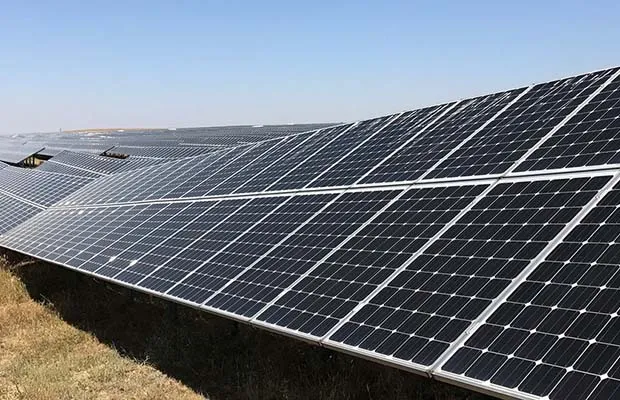EBRD to Support Largest Renewable Energy Project in Greece
- Sustaining the biggest renewable resource project in Greece, EBRD is spending EUR 75 million in the successful Eurobond tap issuance by HELPE.

Sustaining the largest renewable energy project in Greece and also the largest solar power project in south-eastern Europe to day, the European Bank for Reconstruction and also Development (EBRD) is investing EUR 75 million in the effective Eurobond faucet issuance by Hellenic Petroleum (HELPE), a leading Greek energy group.
The overall funds of EUR 100 million elevated will certainly enable HELPE to finance the construction of 18 solar photovoltaic (PV) plants with a total mounted capacity of 204 MW in Kozani, Western Macedonia, the country's most coal-dependent region.
The solar park will be constructed close to existing coal-fired nuclear power plant that are being phased out and also is anticipated to decrease CO2 exhausts by 320,000 tonnes yearly.
HELPE is noted on the Athens Stock Exchange, while the bonds are noted on the Luxembourg Stock Exchange. The group aims to create 600 MW renewable resource capacity by 2025 in order to expand its power portfolio as well as decrease its ecological footprint by 50 percent till 2030.
Harry Boyd-Carpenter, EBRD Head of Energy for Europe, the Middle East and Africa, claimed "we are really happy to support HELPE in developing what will be the biggest solar park in south-eastern Europe. Greece has a very enthusiastic decarbonisation strategy as well as it will for that reason need many projects of this range to replace its existing lignite capability. We are extremely delighted to be part of this turning point project, led by such a strong sponsor, and also support the transition of Western Macedonia towards new greener financial tasks."
The investment comes under the Greek Renewable Energy Framework as well as is aligned with the EBRD's Green Economy Transition (GET) method, the Bank's approach for assisting the economies where it spends build low-carbon and also resilient economic situations. It is also straightened with the objectives of the Bank's Just Transition Initiative, which intends to address the change from fossil fuel-dependent economies towards climate-resilient as well as low-carbon economic situations.
Greece is intending to shut all its existing coal-fired nuclear power plant by the end of 2023 and to mothball one plant presently under construction by 2028. This financial investment supports the country's dedication to decarbonise its electrical power field with quick development in renewable resource and the application of technology-neutral, market-based renewable energy public auctions, which boost the competition and also sustainability of the renewables field.
Also read

